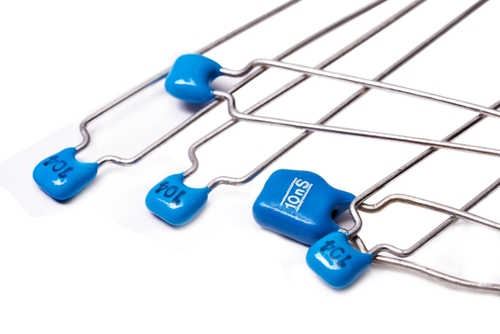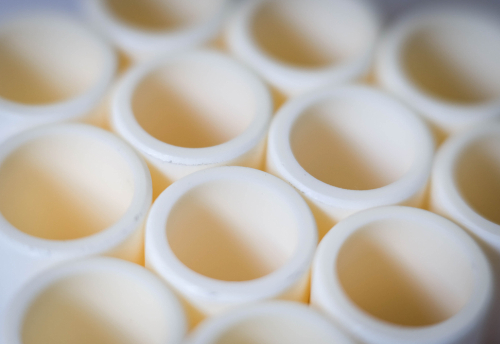 Due to their favorable properties, advanced technical ceramics are often used to replace polymers, metals, and refractory materials across applications. One of the reasons for their high performance is their exceptionally high purities, which are typically metal compounds combined with nitrides, oxides, or carbides. They have the ability to increase the lifespan of custom ceramic parts, reduce maintenance costs, increase efficiency, and improve performance. Keep reading to learn more about their essential properties.
Due to their favorable properties, advanced technical ceramics are often used to replace polymers, metals, and refractory materials across applications. One of the reasons for their high performance is their exceptionally high purities, which are typically metal compounds combined with nitrides, oxides, or carbides. They have the ability to increase the lifespan of custom ceramic parts, reduce maintenance costs, increase efficiency, and improve performance. Keep reading to learn more about their essential properties.
What are the mechanical properties of technical ceramics?
Some of their most important characteristics include high hardness, low density, excellent wear resistance, and more. Let’s explore them in more detail:
High hardness
Extreme hardness or stiffness is one of the most common characteristics of engineered ceramics. Certain types can be up to 4 times harder than stainless steel. Due to this important property, they also boast excellent wear resistance, which means that many types of these ceramics have the ability to keep their high-tolerance finish for a significantly longer time than other materials.
High compressive strength
They have extremely high strength, but only if compressed. For instance, many types are capable of withstanding exceptionally high loads, spanning from 1000 to 4000 MPa. On the other hand, titanium, which is considered a particularly strong metal, has compressional strength of only 1000 MPa.
Low density
The density of technical ceramics ranges from 2 to 6 g/cc. These are low values, meaning that these materials are lighter than, for instance, titanium with 4.5 g/cc or stainless steel with 8 g/cc. Only aluminum, which is a much softer metal, has density similar to that of technical ceramics. Due to their low weight and high hardness, their use is expanding across industries in applications where their performance and durability surpass that of any other material.
Excellent wear resistance
They can withstand extremely high temperatures without any alterations to their electrical and mechanical properties. Where the properties of polymers and metals typically start to deteriorate, reliability and performance of advanced ceramics remain consistent. This makes them excellent for use in applications with high temperatures such as brake systems, furnaces, cutting tools, and jet engines.
Good electrical insulation
They have high dielectric strength which means they are very good electric insulators. Some types have high dielectric permittivity and low electrical loss and are used in electronics as resonators and capacitors.
Thermally insulative or conductive
Different types of materials have considerably varying thermal properties. Certain types such as aluminum nitride (AIN) are highly conductive and are typically used as exchangers or heat-sinks in electrical applications. Other types are much less conductive, which makes them suitable for a range of applications.
Corrosion resistant & chemically inert
They have high chemical stability and low solubility, which is why they are extremely resistant to corrosion. This makes them perfect for diverse industrial and commercial applications, especially where wear resistance is required, unlike polymers or metals which don’t offer the same inertness and resistance to corrosion.
 Who can make high-precision custom ceramic parts?
Who can make high-precision custom ceramic parts?
Whether you’re interested to learn more about the process of ceramic injection molding or about the importance of proper mold designing, reach out to our team at Wunder Mold. We rely on top-tier materials, latest technology, and the comprehensive knowledge of our experienced professionals to provide you with premium-quality parts that adhere precisely to your specific requirements.
We work with both domestic and international clients, so feel free to contact us by phone or by mail at sales@wundermold.com and tell us more about your needs. Our experts will carefully analyze them and work closely with you to secure best results. Call today!
 Who can make high-precision custom ceramic parts?
Who can make high-precision custom ceramic parts?